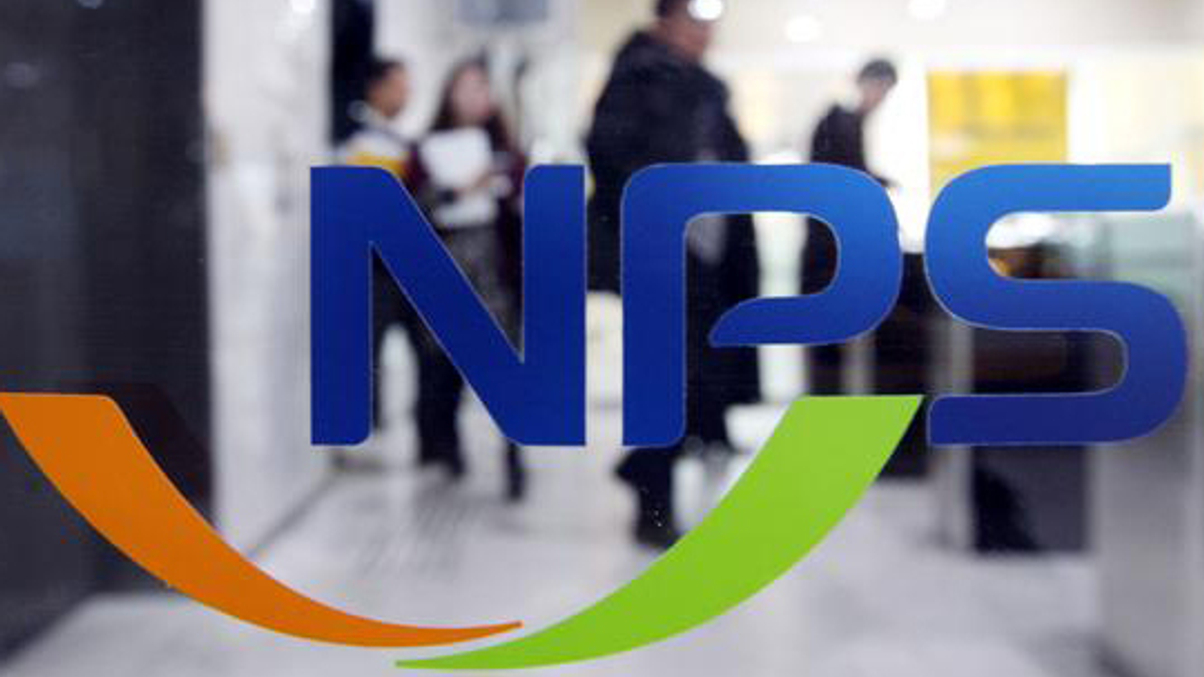Why NPS plans to more assertively manage FX in 2021
The South Korean public pension fund aims to come up with new regulations before the end of 2020 so that it can have more trading tools available for currency management.

South Korea’s National Pension Service (NPS) is planning to revise rules to relax the use of currency trading tools before the end of the year as it steps up its overseas investment push. It is also building its own environmental, social, and governance (ESG) research capabilities for domestic assets.
Sign in to read on!
Registered users get 2 free articles in 30 days.
Subscribers have full unlimited access to AsianInvestor
Not signed up? New users get 2 free articles per month, plus a 7-day unlimited free trial.
¬ Haymarket Media Limited. All rights reserved.


